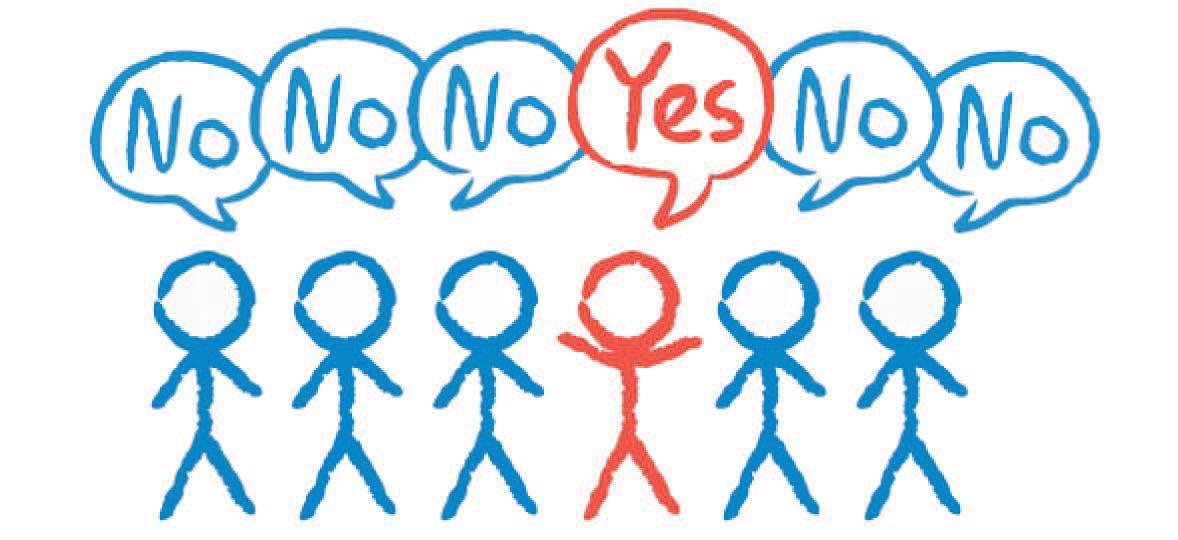If you’re following a relatively conventional new product development process, concept testing is the first stage where the public will be able to give you feedback on your idea. Finding out you’ve got a terrible idea at this stage can be devastating, and can set back the process quite some way. One of the main reasons this will occur is because of groupthink. A psychological phenomenon that occurs due to people wanting to negate conflict. This happens to such an extent that only the status quo is listened to, and new and original ideas are extinguished.
The reason this revelation happens during the concept testing stage of the process, is that it’s the first time an outside perspective sees a concept/new product idea. In this article, we’re going to look at ways in which this can be detected earlier, or avoided completely. Hopefully meaning that you won’t be disappointed by the feedback from concept testing so much in the future.
Firstly, make sure you plan for groupthink occurring. It’s not a case of planning to fail. Instead, it’s about looking for indicators that groupthink might be occurring, or to make sure everyone in the group is aware of it as a phenomenon.
Make sure that debate is always encouraged. This might mean doing simple exercises at the beginning of the process where people have to argue two opposing points of view, or something similar. This makes difference of opinion the norm, and allows people to feel comfortable to challenge ideas.
Ensure that your creative group is full of different personalities. If this is done at the beginning of a group creative session, you’re creating a diverse foundation for different ideas to sprout from. While reducing the chance that people are going to agree to ideas due to personal similarities.
Data is a very powerful tool in all aspects of business, the creative process is no exception to this. Data can be used extremely successfully in this process to help signpost the areas in which new ideas should be sought. However, there is bias in data, no matter how much it has been tried to be avoided, it’ll creep in one way or another. Therefore, make it clear that this is the case early on in the creative process, and people won’t always turn to data to back up their points and quell discussion.
Finally, if practical, it can be worth bringing people in from other departments into your creative process. This can allow a wider perspective of a concept to be understood and is another way in which to make sure your group is diverse. While having the added bonus of gaining insights on how a concept will directly affect specific departments and processes.
